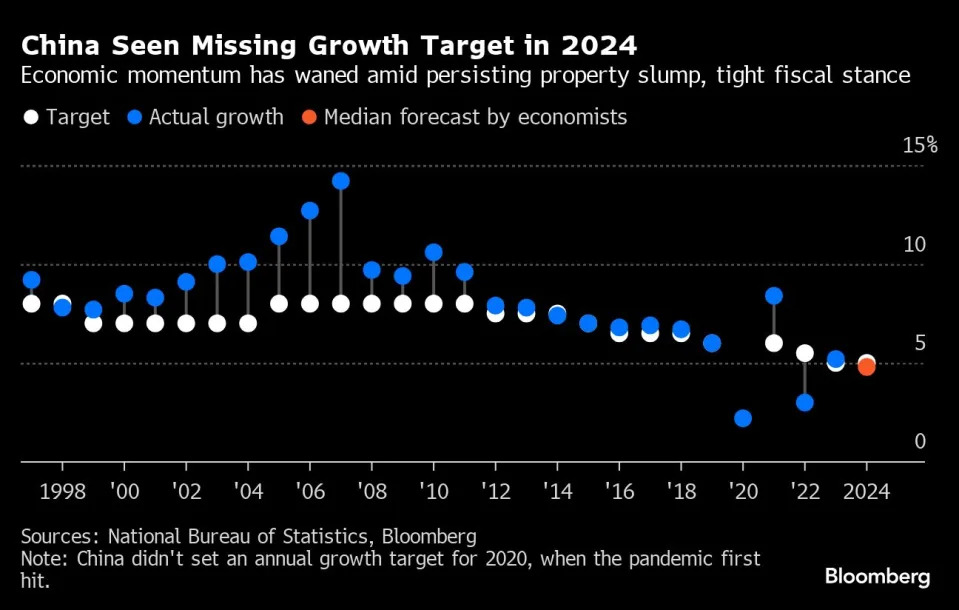US economic output is roaring as businesses prepare for lower interest rates and the incoming Trump administration in Washington.
S&P Global's flash US composite PMI , which captures activity in both the services and manufacturing sectors, came in at 55.3 in November, up from 54.1 in October. Economists had expected the index to tick up to 54.3. November's S&P composite PMI signaled the fastest expansion of business activity since April 2022.
Chris Williamson, chief business economist at S&P Global Market Intelligence, said in a press release that the data shows businesses' ramping activity amid a changing operating environment headed into 2025.
“The business mood has brightened in November, with confidence about the year ahead hitting a two-and-a-half year high," Williamson said. "The prospect of lower interest rates and a more pro-business approach from the incoming administration has fueled greater optimism, in turn helping drive output and order book inflows higher in November."
The uptick in activity was largely driven by the services sector. The services component of S&P's report showed the index registered 57 this month, up from 55 in October and the highest level in 32 months. Meanwhile, the manufacturing sector remained in contraction with a reading of 48.8, up from 48.5, and the highest level in four months. Any reading above 50 for these indexes represents expansion in the sector; readings below 50 indicate contraction.
Still, Williamson noted that the totality of the data points to another solid quarter of economic growth to end the year.
"The rise in the headline flash PMI indicates that economic growth is accelerating in the fourth quarter, while at the same time inflationary pressures are cooling," Williamson wrote. "The survey's price gauge covering goods and services signaled only a marginal increase in prices in November, pointing to consumer inflation running well below the Fed's 2% target."
The upbeat projection on the US economy to end the year falls in line with current estimates for fourth quarter gross domestic product (GDP). The Atlanta Fed's GDPNow Tool model, which incorporates data from the current quarter to project GDP, estimates the US economy will have grown at an annualized rate of 2.6% in the fourth quarter.
In an economic outlook note sent to clients on Thursday, Deutsche Bank chief US economist Matthew Luzzetti increased his projections for GDP in 2025 in part due to the incoming Trump administration.
"Stronger momentum heading into 2025 combined with modest tax cuts, a deregulation push, and more supportive financial conditions should produce faster growth next year, which we now see at 2.5% versus 2.2% previously," Luzzetti wrote.
Josh Schafer is a reporter for Yahoo Finance. Follow him on X @_joshschafer .





